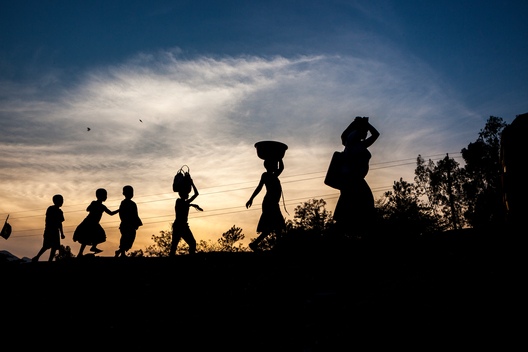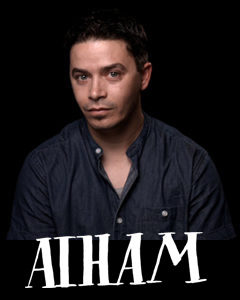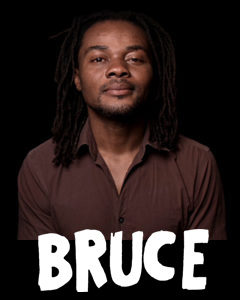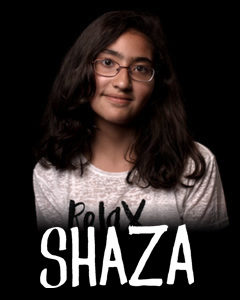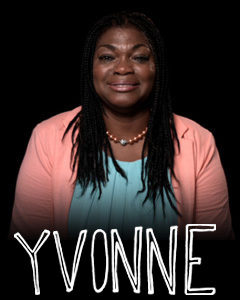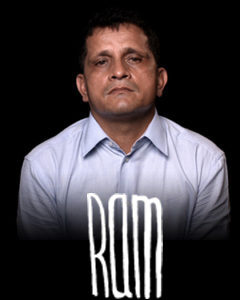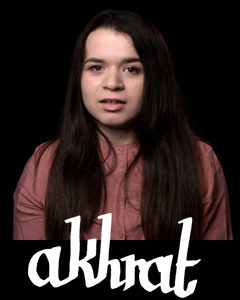Disasters & Conflicts: Darfur. Civil war, 2003-current
In 2003, two rebel groups take up arms against the government of Sudan because of the discrimination and ‘apartheid’ suffered by the non-Arab population. The uprising marks the beginning of � ...
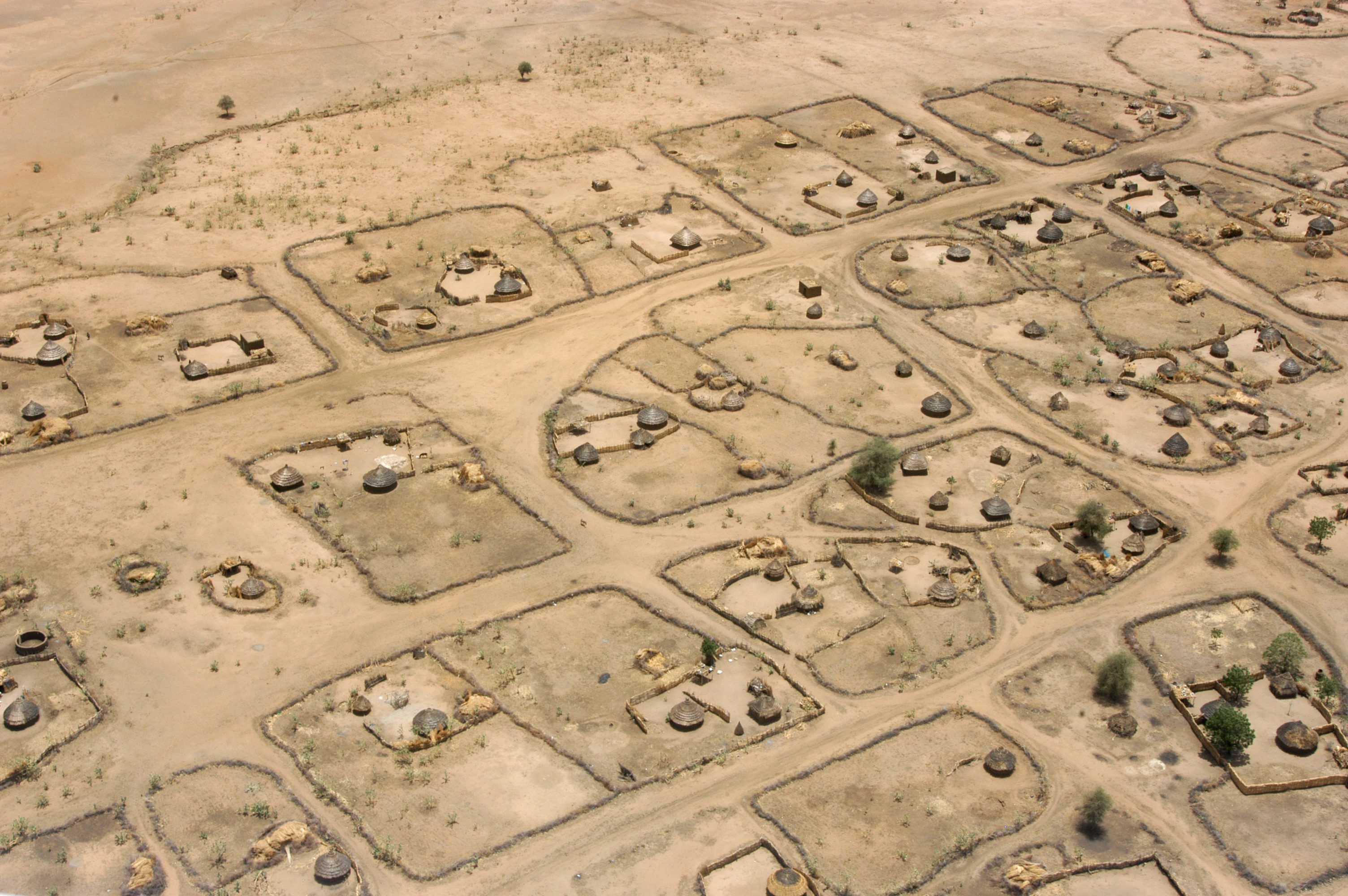
Country: Sudan, western region of Darfur
Period: 2003-present
Type of conflict: Civil war
Conflict: Rebel groups in Darfur fight against government discrimination
Parties involved: Sudanese government and armed groups (Janjaweed). African Union, United Nations
Estimated number of victims: More than 200,000 deaths. More than two million people homeless
In 2003, two rebel groups take up arms against the government of Sudan because of the discrimination and ‘apartheid’ suffered by the non-Arab population. The uprising marks the beginning of ‘one of the worst nightmares in recent history’. Because the Sudanese army is deployed in other parts of the country, the government supports armed groups to fight on its behalf. These Janjaweed militias turn out to be extremely violent. According to the United Nations, they systematically kill the non-Arab villagers in Darfur. In 2010, the biggest rebel groups and the Sudanese government sign a peace agreement, but some small rebel groups do not sign the agreement. As a result, violence still erupts in Darfur.
Chad is drawn into the war in Sudan
In 2004, a hundred thousand Darfuri people flee from the armed Janjaweed gangs across the border into the neighbouring country of Chad. The Chadian army becomes involved in fighting against the Janjaweed. Four years later, in 2008, the governments of both countries reach a peace agreement, which allows United Nations troops into Darfur to maintain peace. The international community wants to intervene much sooner to separate the warring factions, but the Sudanese government blocks the arrival of United Nations troops for as long as possible. The International Court of Justice in The Hague wants to bring some of those responsible to trial for their role in the genocide, among them the current president of Sudan, Omar al-Bashir.



